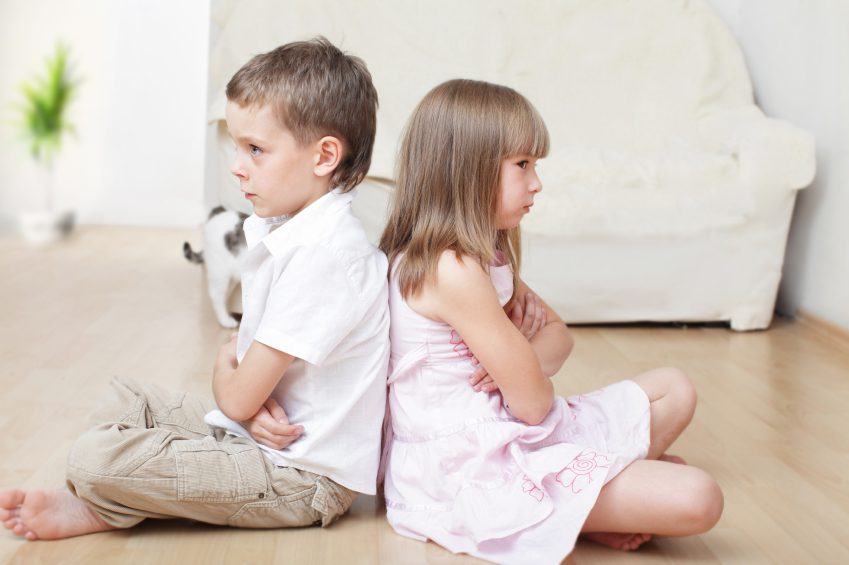When Parents Have an Argument
Posted in: Multimedia, Videos, You & Your Family
Topics: Child + Adolescent Development, Relationships
My parents argued with each other.
Most parents do.
In fact, we worry more about the parents who never argue. If parents don’t argue, we worry that they’ve lost some of the passion to discuss (albeit vociferously!) the difficulties in raising a family. If nothing else, know that raising a family is perhaps the most rewarding, and also the most challenging, endeavor you’ll ever attempt. It ain’t easy being a mom or a dad.
I also remember, however, that when I heard my parents argue in the kitchen, I’d run as fast as I could to my room. This started when I was around age 6 – in other words, at the age when I think I began to realize that parents themselves could split up. One of my buddy’s parents had separated, and the idea that this could happen terrified me. When and how to separate or divorce is the subject of another posting. Here, we’d like to discuss how parents can help their children understand that everyone who cares about each other argues, and provide some suggestions that can help to limit the distress that kids feel when parents have, as my parents called it, “a loud discussion.”
First of all, let’s repeat what we said above. All parents argue. They might not argue in front of their kids, but it’s no great crime to have a disagreement. It isn’t even a crime to argue in front of your kids. But remember that when you argue, your kids are watching and learning. They watch you when you hold the door open for someone; they’re certainly taking notes when you raise your voice at your partner.
So, just as when you argue with anyone else, try your best to respect your partner’s point of view. Don’t interrupt. Let the other person speak his or her mind.
Sometimes, the subject matter is really appropriate for adult ears only. If money is tight, if relationships are strained—these topics are best discussed behind closed and quiet doors. Still, these arguments can leak out. In all instances of arguments (even the ones the kids don’t see) resolve the conflict as obviously as possible. For a 6-year-old, seeing his parents kiss and make up goes a long way in alleviating worry.
Parents can also explain to their kids the notion of agreeing to disagree. People with strong feelings might never see eye to eye, but that’s when we compromise. Modeling the middle ground of a resolved conflict teaches kids an important life lesson.
Here’s the most important thing you can do after a fight: Tell your kids that you still love each other. A school-aged kid worries that parents might stop loving each other, and a simple reassurance is immensely anxiety-reducing. You can also remind your child that he is in no way responsible for the argument. Although this may seem silly, remember that school-aged kids have just passed through the ego-centric stages of their development. In the stressed and regressed emotional state that can be brought on by watching parents argue, they might worry that there is something they could have done to prevent the argument. Again, stressing to your child that all parents fight, that a fight doesn’t mean that you don’t love each other as parents, and that the child had nothing to do with the cause of the argument—these are the three main band-aids you can apply to ease a child’s pain following a fight.
This article originally aired as an ABC News segment on 11/02/2009.


 Share
Share Tweet
Tweet






